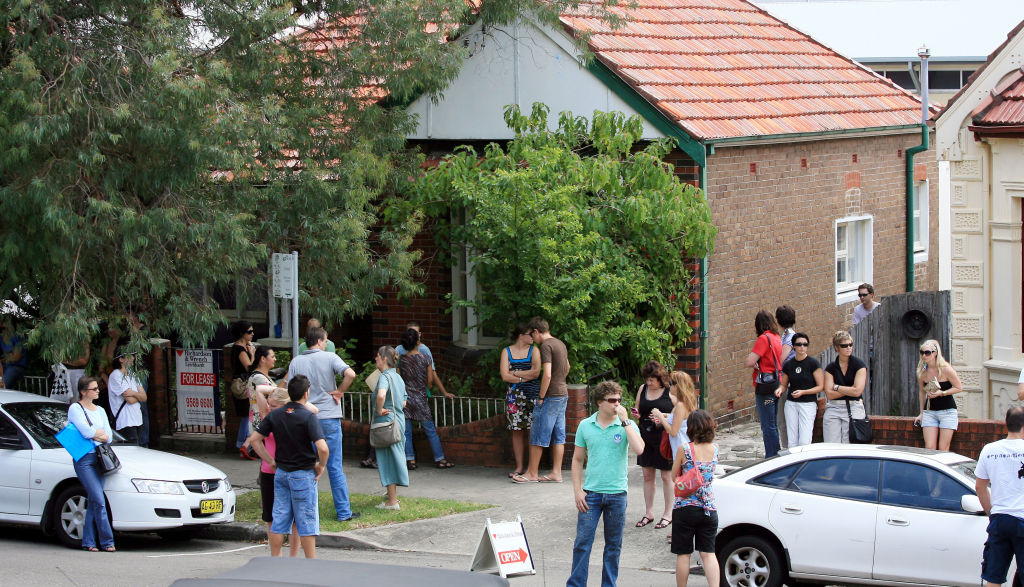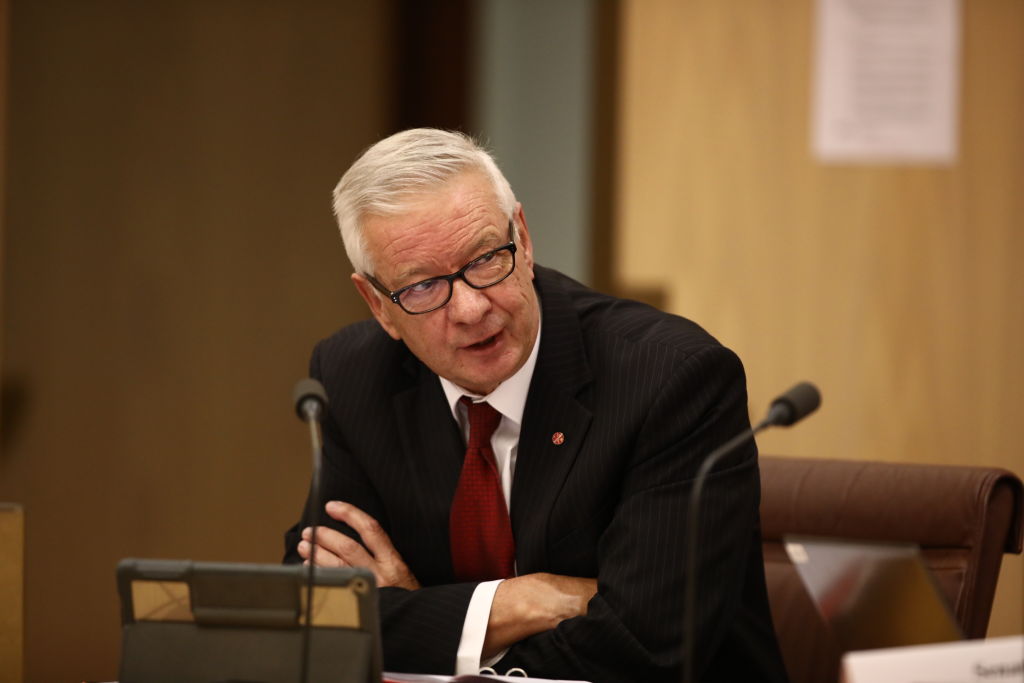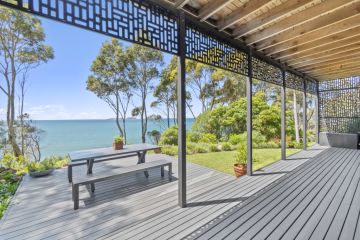Almost 90,000 single mothers in Australia live in rental stress

Single mothers with a part-time job are among Australia’s most vulnerable demographic facing housing stress, according to a new report.
The latest Rental Affordability Index released by National Shelter, Community Sector Banking, SGS Economics and Planning, and the Brotherhood of St Laurence deemed rents unaffordable for single mothers in every state and territory.
“We know single-parent households are particularly vulnerable [to housing stress] and if we look at it through a gender scope – 82 per cent of those single-parent households are mothers with children,” said SGS Economics and Planning report author Ellen Witte.
“Often they would be mothers with a part-time job with some benefits, but on top of that, there are costs for childcare and the costs of raising a child. They are paying very large shares of income on rent.”
ABS data from 2015-16 found there are about 89,700 single mothers in housing stress.
Ms Witte said the average income for single mothers with part-time work is $41,000 and they are paying up to 70 per cent of their income on rent.
The report also found single, low-income male households are another particularly vulnerable group. Of single males in households who rent in Australia, more than 50 per cent earn less than $36,400. This equates to about 138,000 single males facing rental stress nationwide.
- Related: Low-income households in Canberra face second-least affordable rents in nation
- Related: Canberra property forecast shows modest growth over 2019-20
- Related: ACT rental laws to undergo shake-up
National Shelter executive officer Adrian Pisarki said: “The depth of the housing crisis affects renters the most. Renters voices are not often heard in the debate.”
Mr Pisarki believes a national housing strategy is needed, but it will take more than 20 years to fix the so-called “housing crisis”.
On Wednesday evening, report partners and members of parliament gathered at Parliament House to discuss the findings.

Federal shadow minister for housing and homelessness, Senator Doug Cameron, spoke. “There have been five years of declining government interest [in housing] at the federal government level,” he said.
“[Labor] will have more to say about the issue of housing affordability before the next federal election.”
The Scottish-born senator compared Australia’s total proportion of social housing stock, 4.4 per cent, to Glasgow’s 32 per cent.
Senator Cameron reiterated Labor’s position to reform negative gearing. “Our priorities are not to continue funding investors with their fifth or sixth investment property,” he said.
Greens senator Mehreen Faruqi said: “The housing system is broken.”
Senator Faruqi said the situation was particularly dire for women trying to escape domestic violence at home.
No government MPs attended.
We recommend
States
Capital Cities
Capital Cities - Rentals
Popular Areas
Allhomes
More







